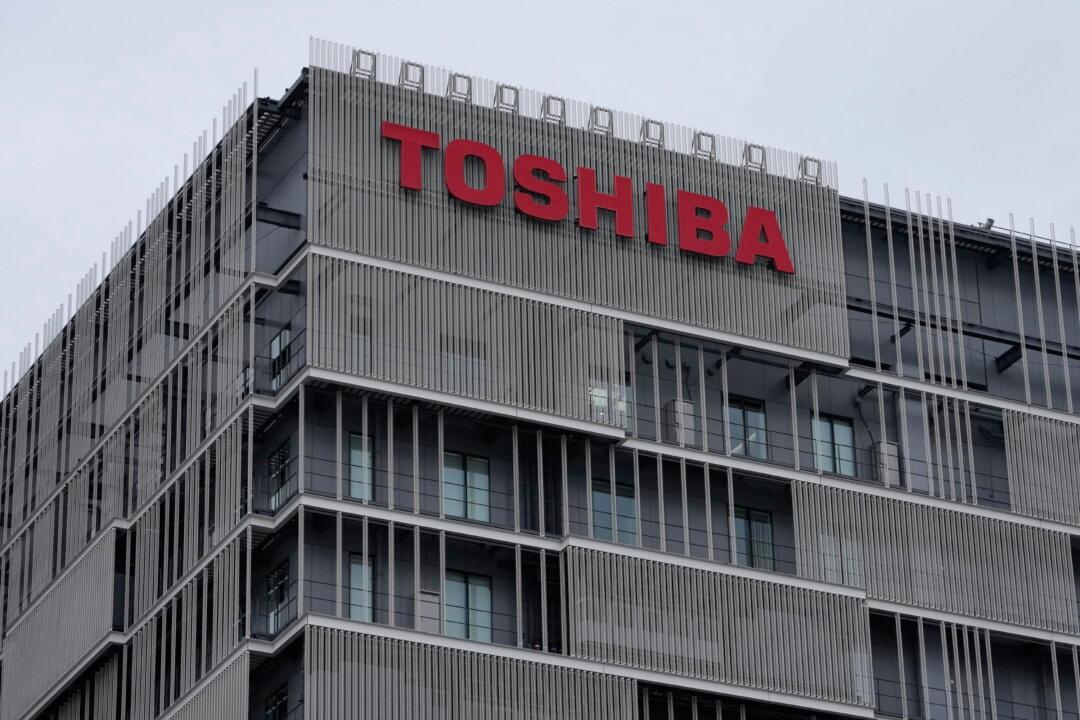TOKYO—Toshiba executives said Friday that privatization remains an option for the Japanese technology company, as they defended their efforts to choose the right bidder to restore what they called “a strong Toshiba.”
Tokyo-based Toshiba has been trying to win over shareholders to a restructuring plan. The company has not given the nationalities or other details of the potential investor partners, including eight that have recommended that Toshiba Corp. go private.





